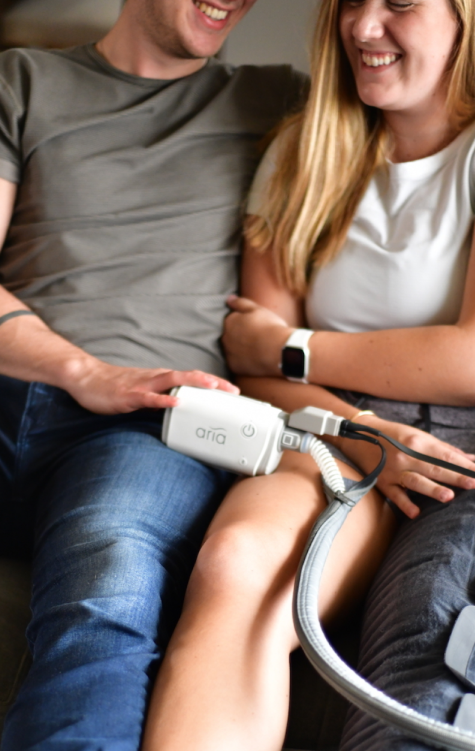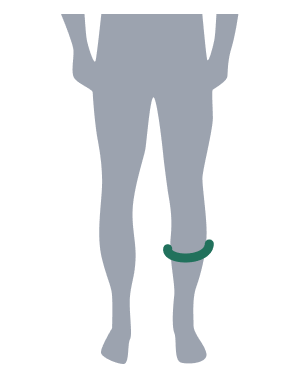What’s important to know is that Medicare has requirements for determining eligibility. In addition to a diagnosis of lymphedema or chronic venous insufficiency with venous static ulcers, there must also be clinical documentation from the healthcare provider that the patient meets the requirements of medical necessity.
In most cases that means the provider will determine if the condition can be treated by “conservative” therapy alone. This includes measures—some or all of which many people may already be taking to treat their lymphedema—like compression bandages, exercise and elevation.
Effectiveness of conservative therapy is determined by your provider. This means that when a healthcare provider or practitioner does not see improvement with conservative measures, a pneumatic compression pump may be considered for treatment—and covered under Medicare. Consult your provider if you think that you might benefit from therapy with a pneumatic compression pump.
Today, there are millions of people in the US living with lymphedema, so the potential impact of this news is huge.
It’s not just about the numbers of people, though. The challenge that this population faces with lymphedema is often compounded by difficulty with mobility and loss of independence due to leg swelling. For eligible individuals, a pneumatic compression pump can play an integral role in enabling them to receive therapy at home.
Why we’re so happy—and you should be too!
The Aria Free pump was designed to help improve quality of life, and now it’s accessible to so many more people. If you are a Medicare beneficiary—or someone you care about is—and you have questions about treatment or coverage, give us a call at (866) 647-0691. We’re here to help.









